June 6, 2025 | 10:40 GMT +7
June 6, 2025 | 10:40 GMT +7
Hotline: 0913.378.918
June 6, 2025 | 10:40 GMT +7
Hotline: 0913.378.918
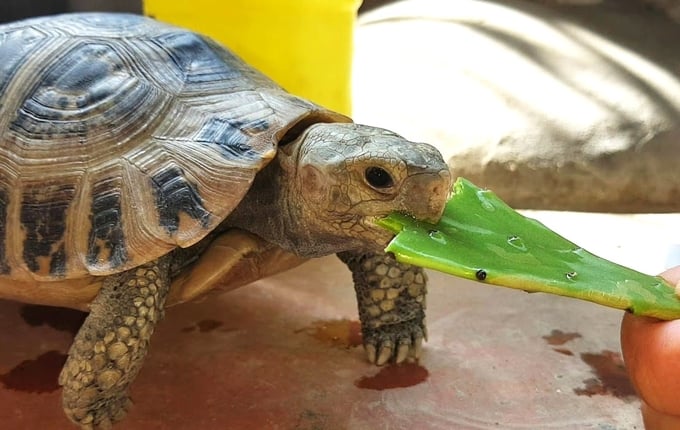
Exotic wildlife species are often smuggled into Vietnam from abroad or originate from unlicensed breeding facilities and individuals who specialize in ornamental animals. Photo: ENV.
Recently, the Education for Nature Vietnam (ENV) has observed a significant surge in the illegal trade and advertising of exotic wildlife in Vietnam. Between January 2022 and October 2024 alone, ENV received more than 470 reports from the public, documenting over 1.700 violations related to the advertisement and trade of more than 45.300 exotic wildlife specimens.
The most commonly trafficked exotic species include sulcata tortoises, red-eared sliders, various species of lizards, snakes, small mammals and parrots. These animals are often smuggled into Vietnam from other countries or originate from unlicensed breeding farms. Additionally, many are sourced from individuals who specialize in the trade of ornamental pets.
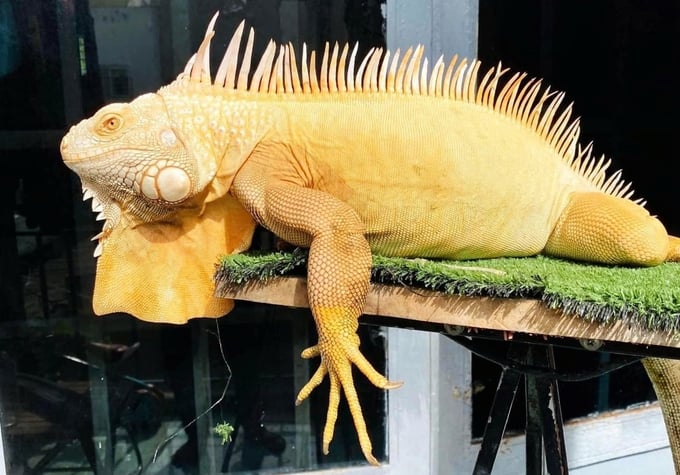
The South American bearded dragon is one of the exotic species frequently trafficked in Vietnam. Photo: ENV.
According to data from ENV, reptiles make up a staggering 82% of all illegally traded exotic animals, while birds account for 9%, and small mammals represent around 4%. Among the most commonly trafficked exotic species in Vietnam are the red-eared slider and the South American bearded dragon, both of which are listed in the invasive alien species category under Circular No. 35/2018/TT-BTNMT issued by the Ministry of Natural Resources and Environment. The red-eared slider is widely recognized as one of the most invasive species in the world and the South American bearded dragon is another species of growing concern.
In recent years, ENV has noted a significant increase in the population of South American bearded dragons in countries outside their natural habitat. One of the major concerns surrounding the illegal trade of exotic species is the potential for these animals to establish self-sustaining populations if they are released into the wild or manage to escape captivity. This poses a serious risk to native species, as the non-native animals would compete with them for food, shelter and other vital resources. Such competition could disrupt the natural balance and structure of the ecosystem.
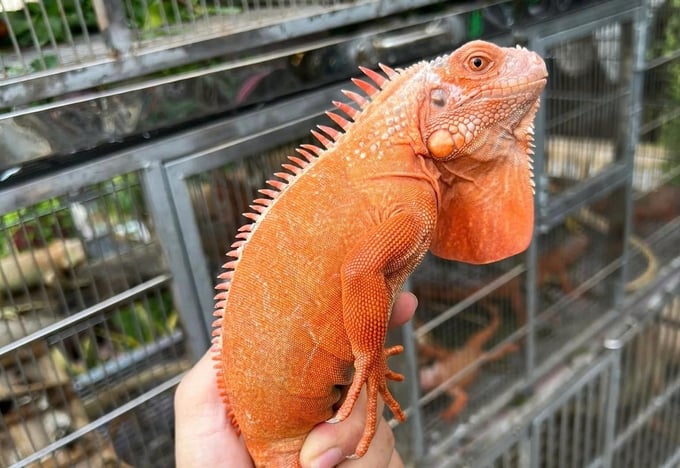
Vietnam lacks clear regulations and an effective management system to address the illegal trade of exotic species. Photo: ENV.
“Therefore, the lack of regulation and control over the market for exotic wildlife species that are not naturally found in Vietnam can have severe and far-reaching consequences for the country's biodiversity. Vietnam is currently facing a rapid surge in the illegal trade of exotic species, a situation that is exacerbated by the absence of clear regulations and an efficient management system to effectively tackle this growing problem”, said Mrs. Bui Thi Ha, Deputy Director of Education for Nature Vietnam (ENV).
Mrs. Ha further pointed out that controlling the illegal trade of exotic wildlife is not only essential to protect biodiversity but also crucial for safeguarding human health. The world has already witnessed numerous pandemics originating from wildlife, including AIDS, SARS, H5N1 avian flu, Ebola, rabies and, most recently, Covid-19.
In light of these concerns, ENV is urging the public to stop trading, transporting, or keeping exotic wildlife species without a legal origin, as these activities contribute to the destabilization of ecosystems and pose serious threats to public health. ENV also encourages individuals to avoid the legal risks associated with wildlife trafficking and report any violations to local authorities or through the free, confidential hotline at 1800-1522.
Translated by Phuong Linh
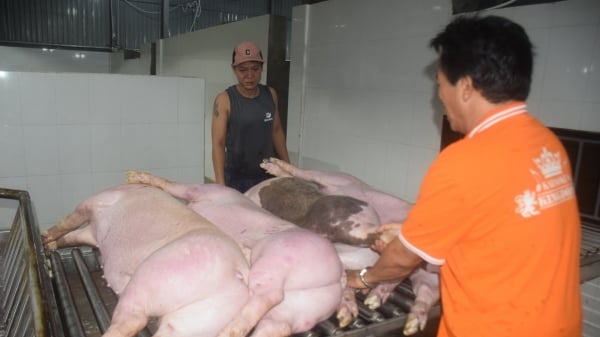
(VAN) Dak Nong finds it difficult to develop concentrated animal slaughterhouses due to the lack of capital, management mechanisms and synchronization.

(VAN) Ministry of Agriculture and Environment aims to sign trade agreements to elevate Vietnam-US agricultural trade cooperation, targeting terms that bring mutual benefits to both parties.
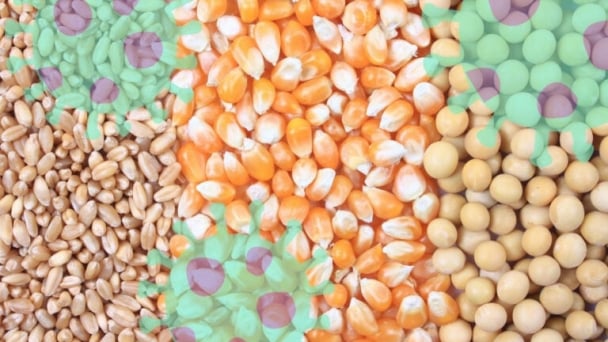
(VAN) Crops contaminated by mycotoxins may be costing poultry organisations more than £150,000 (€178,000) in losses annually.
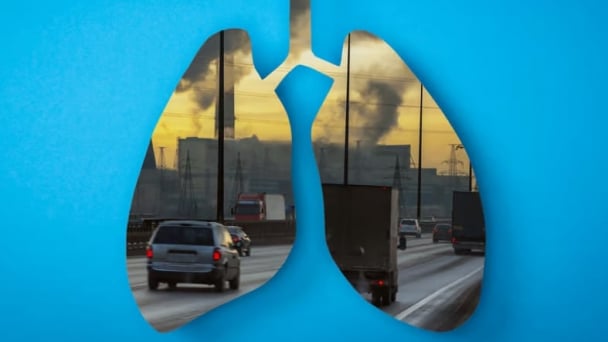
(VAN) New research has identified the mechanism by which air pollution damages the lungs’ self-cleaning system, leaving us vulnerable to infection.
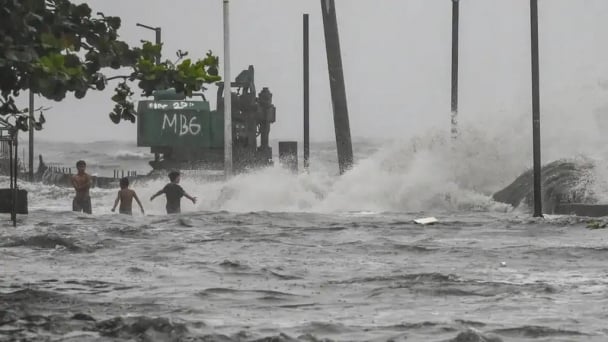
(VAN) On June 4 (local time), Deputy Minister of Agriculture and Environment Nguyen Hoang Hiep and the delegation attended the Global Platform for Disaster Risk Reduction (GP2025).
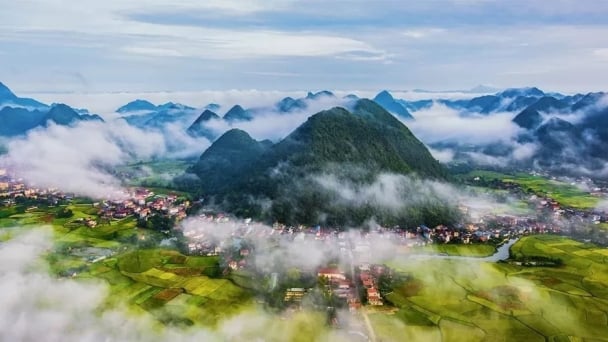
(VAN) UNESCO has officially awarded the Certificate of Recognition designating Lang Son Geopark as a UNESCO Global Geopark.

(VAN) The Food and Agriculture Organization of the United Nations (FAO) has appointed Alue Dohong as Assistant Director-General and FAO Regional Representative for Asia and the Pacific.